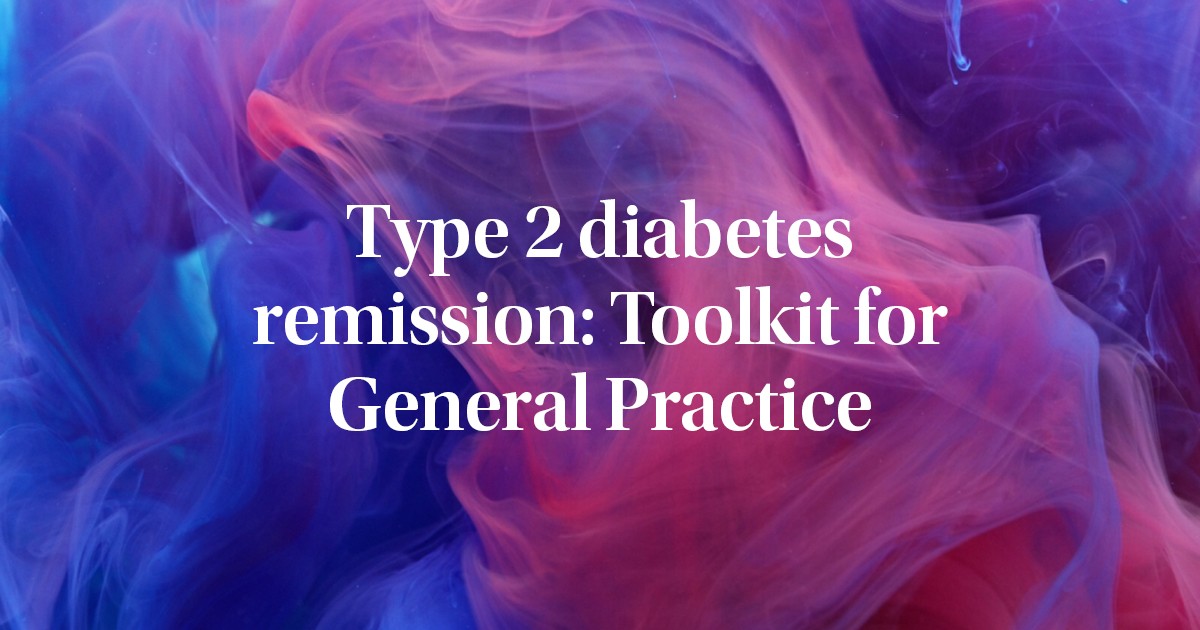Diabetes is common, chronic, complicated and costly (both in human and financial terms). It causes depression, disability and early death. Most adverse effects of diabetes can be prevented or reduced by modern evidence-based, systematic, integrated care. Such care will work only if the person with diabetes learns how to help himself or herself.
Of course we all know what to do – the problem is how to do it, particularly as the number of people with diabetes rockets (from 3.1 million in England in 2010 to a predicted 4.6 million in 2030 [Association of Public Health Observatories, 2010]), financial pressures bite and systems change. Some GP practices now find that one in 10 adults has diabetes. We must ensure that everyone with diabetes in each practice is identified, assessed, informed and educated about their condition and that a care plan and treatment are agreed, the effects of treatment are monitored, and all have an annual review. It is essential to identify those who need specialist expertise that is not available in the practice and then obtain this. All this takes time and considerable resource (people, expertise and money) and is most efficient with robust integration across the health economy.
As well as planning care for all, every practice has an individual responsibility for each of their patients with diabetes. For example, have all your patients with diabetes had their annual flu jabs, especially including the pregnant women? Have they all had pneumococcal vaccinations? And talking of pregnancy – who are the women with diabetes of child-bearing age in your practice? Have they had advice about the need for pre-conception diabetes care? Are they on potentially teratogenic drugs, such as statins or angiotensin-converting enzyme inhibitors?
As professionals, we all need to find time to keep up to date. By now, everyone responsible for prescribing or administering insulin should have revised their knowledge with, for example, NHS Diabetes’ Safe Use of Insulin e-learning course (NHS Diabetes, 2011).
Commissioners of diabetes care view the overall picture and must ensure that appropriate diabetes care is available for all, delivering quality with optimal efficiency.
NHS Diabetes has a clear, comprehensive guide to commissioning (NHS Diabetes, 2010). This starts with the health needs assessment – a tool is already available to PCTs for this (available at www.ndis.ic.nhs.uk) and one for GP consortia is being developed. Locally-relevant priorities should be set. Then service improvement measures should be implemented and their effects evaluated. Every practice should now be participating in the National Diabetes Audit, which now includes nearly 2 million people with diabetes in England. Practice results will be available in aggregate form for consortia, as they are for PCTs and strategic health authorities at present. DiabetesE is another assessment tool (www.diabetese.net).
In 2009, Cambridgeshire Community NHS Trust and Cambridge University Hospitals NHS Foundation Trust began the East Cambs and Fenland (ECF) Diabetes Integrated Care Initiative with vertical and horizontal integration between primary and specialist care teams and patient participation. The ECF specialist diabetes team was created, jointly reviewing, with practices, individuals at high risk of hospitalisation, providing education for practices and patients, care planning, new diabetes specialist dietitian, nurse and podiatry clinics across the 17 practices, integrated diabetes specialist foot care, and increased access to diabetologist advice. Glycaemic control has already improved in 521 high-risk people with diabetes, and blood glucose control has also improved in people solely managed by a single-handed practice. Hospital admissions for people with diabetic foot problems were reduced.
This is one integrated care model that has produced rapid results and is much valued by patients and staff. Readers are involved in others – please continue to share them with NHS Diabetes.




Risk of CVD and cardiovascular mortality differ between people with type 1 and type 2 diabetes, and between men and women.
2 Oct 2025